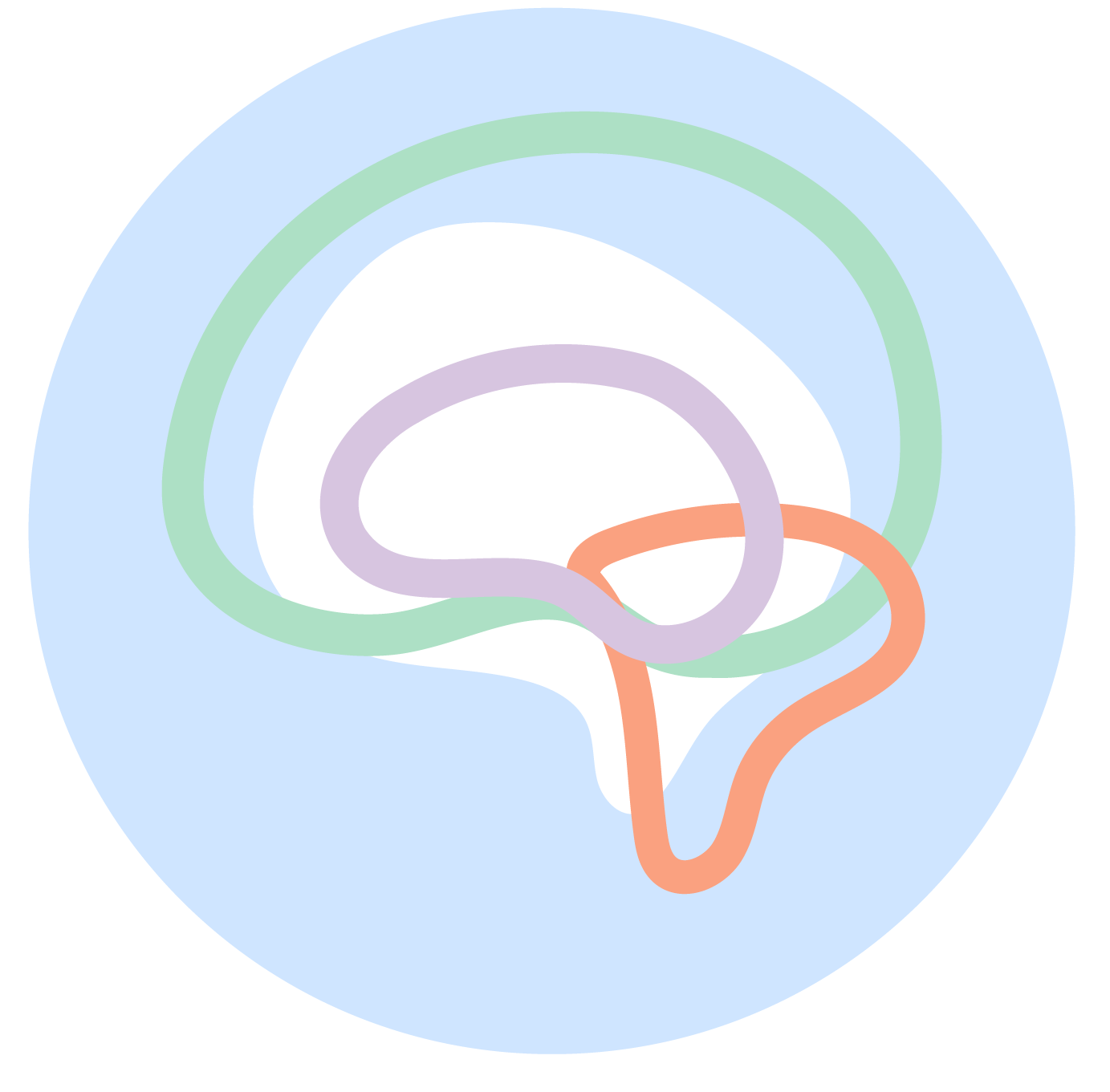Autism Acceptance Month: “Celebrating Differences”
Autism Acceptance Month, previously known as Autism Awareness Month, is celebrated annually for the whole month of April; it provides an opportunity to raise awareness about autism spectrum disorder (ASD) through access to resources and as well as guidance on how to support others with Autism. This month aims to advocate and highlight the opportunities that people with Autism would be capable and deserving of as well as celebrating each individual’s unique differences. It’s a time to renew our commitments to honor the unique perspectives of each individual with Autism, to foster inclusivity and connectedness and to support each child to reach their goals and dreams.
According to Centers for Disease Control and Prevention (CDC), 1 in 36 children in the United States had been identified as having ASD as of April 2023. Given how prevalent Autism is, educating others, supporting them, and destigmatizing the disorder becomes much more important.
For April 2024, the theme is ‘Celebrate Differences’ as it has been for several years; it was created to promote acceptance and provide connections to necessary support and resources.
What is Autism?
Autism Spectrum Disorder (ASD) is a complex, lifelong developmental condition that usually appears during early childhood and can impact a person’s social skills, communication, relationships and self-regulation. Autism experiences are different for everyone as it affects people differently to varying degrees, therefore it’s called a ‘spectrum disorder’. Whilst there is no single cause for Autism, it’s been generally accepted that it’s caused by differences in brain structure or genetic factors. Early diagnosis and intervention can greatly support a person with Autism with the resources needed to live life to its full potential.
Over 7 million individuals in the United States are on the Autism Spectrum; Autism is the fastest growing developmental disability in the U.S. On top of that, the diagnoses rate for Autism is rising by 10-17% each year and the cost of caring for Autistic Americans is estimated to rise to $460+ billion by 2025 in the absence of more effective interventions and supports; an estimated $175 to $196 billion of these costs are for adult services.
Signs and symptoms of Autism
Even though it’s a ‘spectrum disorder’, there are general criteria set to diagnose those with Autism.
Restricted or repetitive behaviors, movements, or phrases
Co-occurring conditions including but not limited to, mental health illnesses, seizure disorders, etc.
Lack of response to normal stimuli
Avoiding eye contact
Delayed movement, language and/or cognitive skills
Difficulty understanding or expressing feelings
Atypical verbal communication, non-speaking, or non-verbal communication
Support for Autism
Early identification is associated with dramatically better outcomes for people with Autism as the earlier the child is diagnosed, the earlier they can begin benefiting from early intervention therapies and education. There aren’t any medical tests such as brain scans for diagnosing Autism, an accurate medical diagnosis would be based on observations of the individual’s communication, social interaction and their activities and interests. Intervention should start when an Autism diagnosis is suspected rather than when a formal diagnosis is made as it takes time to observe.
Currently there is no cure for Autism but continued research has provided a clearer understanding of the disorder and has led to better treatments and therapies that can positively improve quality of life.
Resources
The Autism Society connects people to the resources they need through education, advocacy, support, information and community programming.
Autism speaks is dedicated to creating an inclusive world for all individuals with autism throughout their lifespan through advocacy, services, supports, research and innovation, and advances in care for autistic individuals and their families.
Non-profit foundation dedicated to supporting individuals of color impacted by Autism Spectrum Disorders (ASD).
📌 For more tools and support, visit My Good Brain’s resource page on autism.
